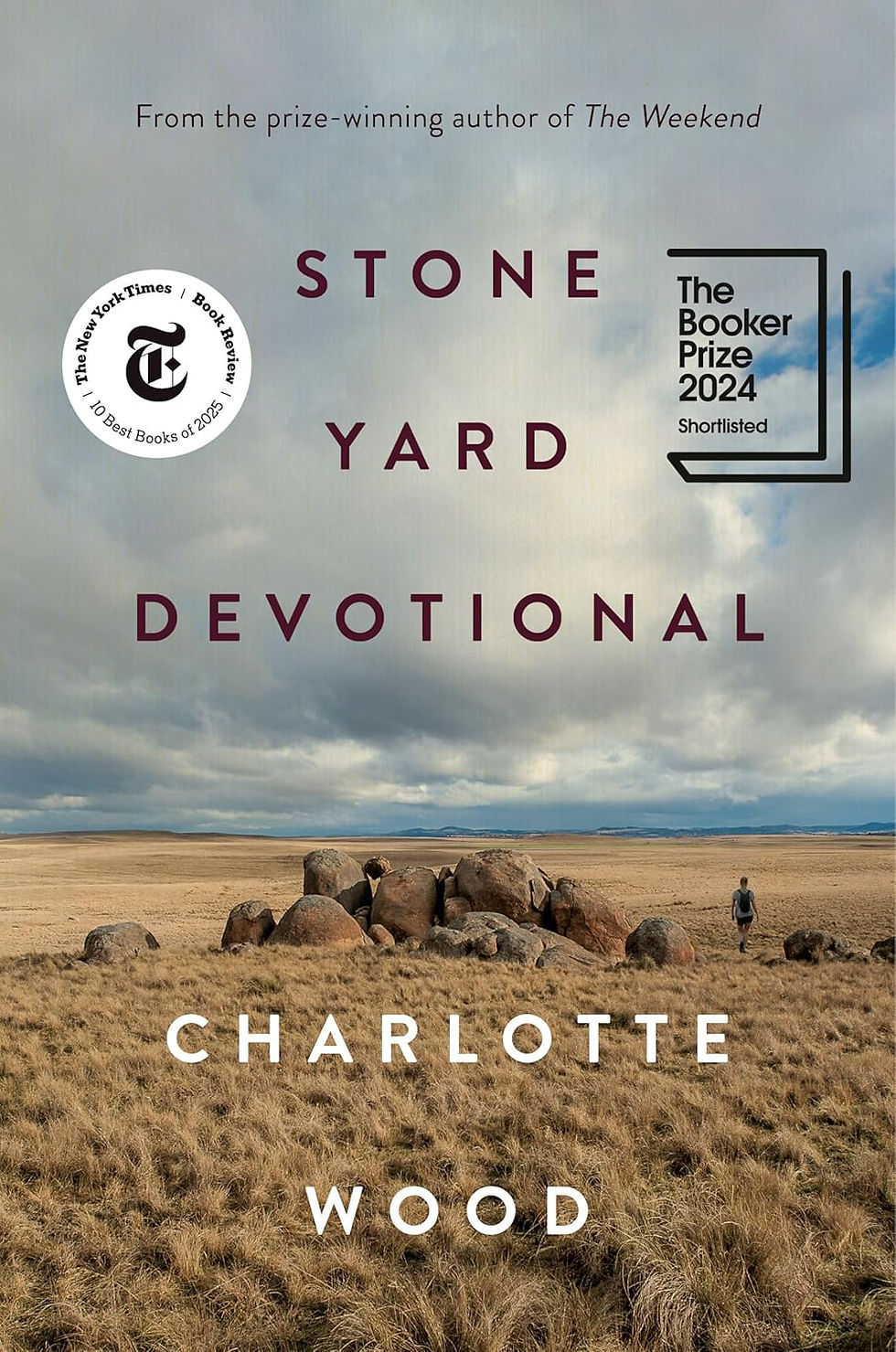Review of Being Mortal by Atul Gawande
- The Bossy Bookworm

- Jan 10, 2024
- 3 min read
Atul Gawande writes clearly and poignantly about the search to achieve maximum well-being rather than prolonging diminished life at all costs--as well as the many complicating factors that make it difficult to transition to a focus on quality of life.
We've been wrong about what our job is in medicine. We think our job is to ensure health and survival. But really it is larger than that. It is to enable well-being. And well-being is about the reasons one wishes to be alive. Those reasons matter not just at the end of life, or when debility comes, but all along the way.
The past century of medical advancements have transformed some grave conditions from death sentences to manageable or curable illnesses.
But the focus on living longer and attempting to move past former limitations of medical solutions sometimes create a difficult dynamic: pursuing additional years of life at any cost sometimes means paying the price by experiencing a dramatically diminished quality of life.
Whenever serious sickness or injury strikes and your body or mind breaks down, the vital questions are the same: What is your understanding of the situation and its potential outcomes? What are your fears and what are your hopes? What are the trade-offs you are willing to make and not willing to make? And what is the course of action that best serves this understanding?
In Being Mortal, surgeon, former Harvard professor, and public health leader (Assistant Administrator for Global Health at USAID) Atul Gawande explores the successes and failures of the medical field in prolonging a life worth living.
Being Mortal is a beautiful, poignant, clearheaded examination of the intersection of mortality, medicine, dreams, and reality. Gawande emphasizes asking key questions of loved ones to clearly understand their own particular, sometimes surprising lines in the sand regarding quality of life before they are unable to make key decisions for themselves: what are they willing to forgo in order to live?
By exploring studies but primarily by digging into various patients' (including his own father's) experiences with disability and end of life, Gawande emphasizes the power of communication--among family members, between patient and doctor, and regarding the extensive resources and bolstered short-term outcomes available through hospice.
All-out treatment, we tell the incurably ill, is a train you can get off at any time--just say when. But for most patients and their families we are asking too much. They remain driven by doubt and fear and desperation; some are deluded by a fantasy of what medical science can achieve.
I was fascinated by Gawande's study of our culture's never-give-up mentality and many loved ones' resulting feeling that it's their duty to fight for additional medical interventions for their family member or friend--no matter the likelihood of bettering their well-being, or likely detriment to their last days. He acknowledges medical professionals' role and frequent lack of training in this complicated, fraught dance: a desire for a return to full health set against the likely negative effects of powerful treatments unlikely to postpone the end of life or bolster quality of life.
The nationwide movement away from dying at home has been driven in some cases by panic in the face of potential loss, and by ignorance of loved ones' wishes and understanding combined with a misguided belief in medicinal miracles. These complicating factors often lead to invasive measures unlikely to prolong life but very likely to cause significant detriments to quality of life at the end.
Gawande dives into the beautiful, essential work of hospice care, and also imagines measures to better train and equip doctors to consider the trade-offs of extensive medical intervention near the end of life and its implications.
We know the dance moves. You agree to become a patient, and I, the clinician, agree to try to fix you, whatever the improbability, the misery, the damage, or the cost. With this new way, in which we together try to figure out how to face mortality and preserve the fiber of a meaningful life, with its loyalties and individuality, we are plodding novices. We are going through a societal learning curve, one person at a time.
Being Mortal is essential reading, gorgeously written and clearly presented. I found it fascinating, powerful, and valuable.

Do you have any Bossy thoughts about this book or topic?
If you're interested in books about mortality like I am, you might like the books on my Greedy Reading Lists Six Powerful Memoirs about Facing Mortality and Six More Powerful Books about Facing Mortality.





Comments